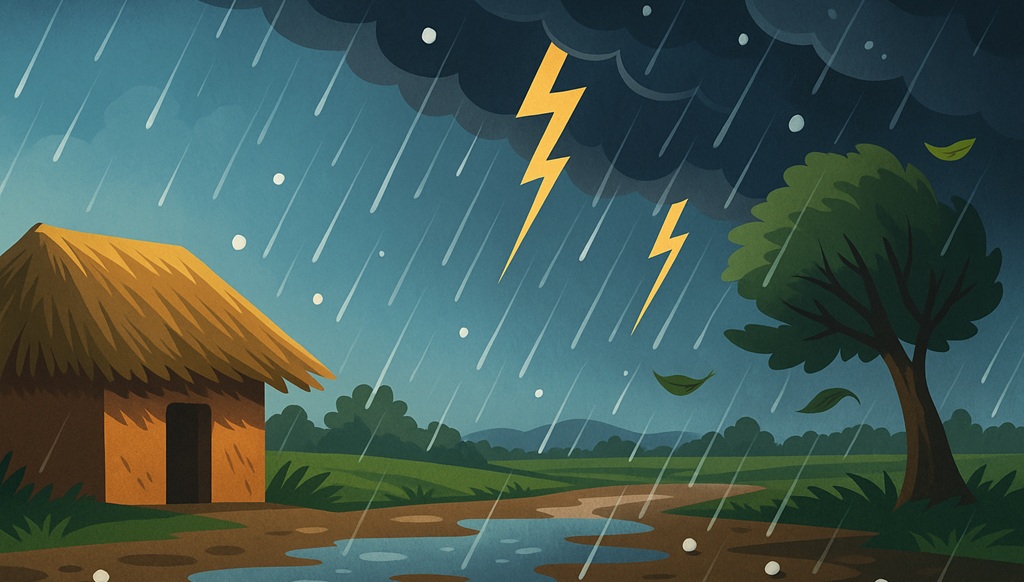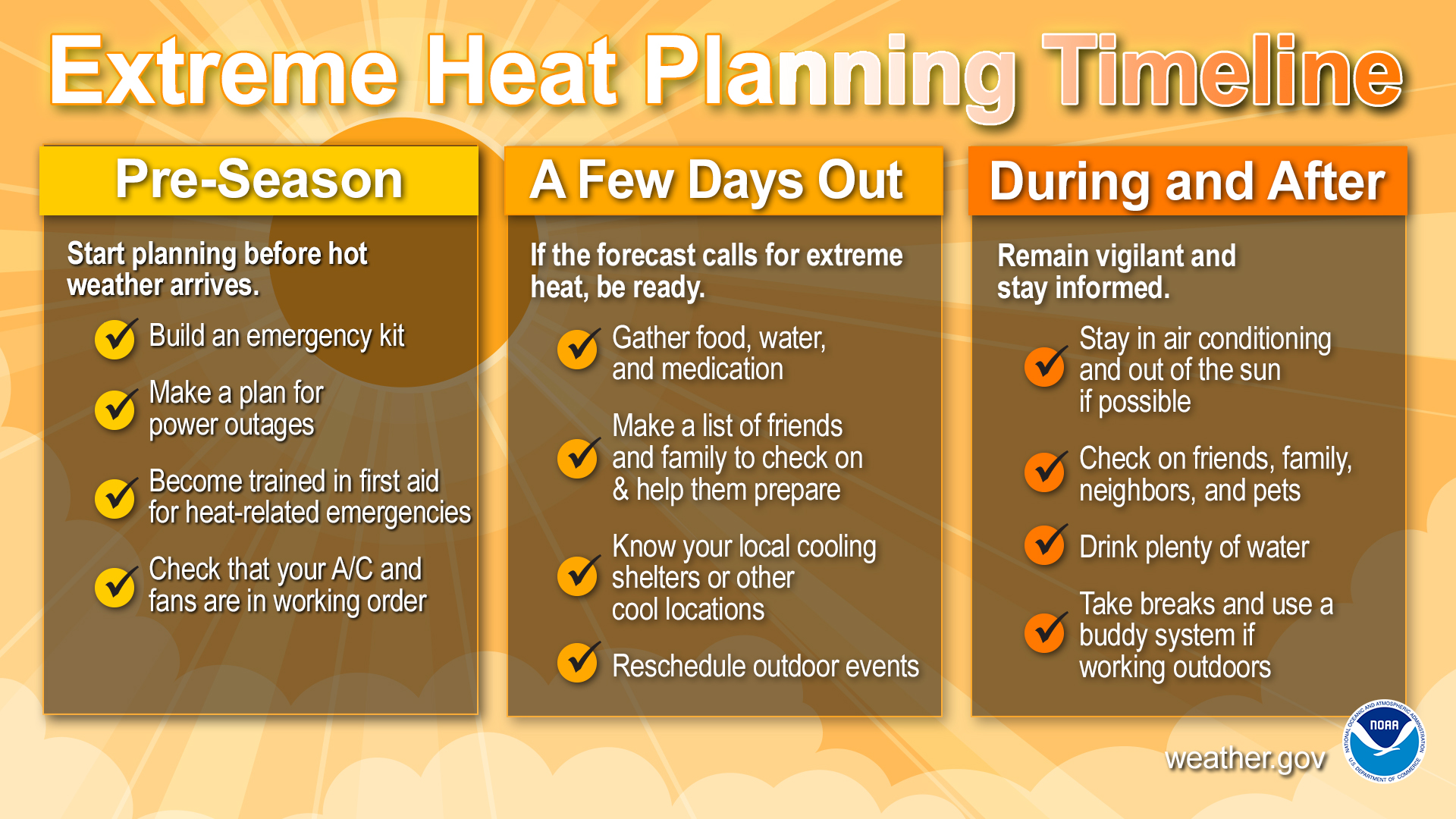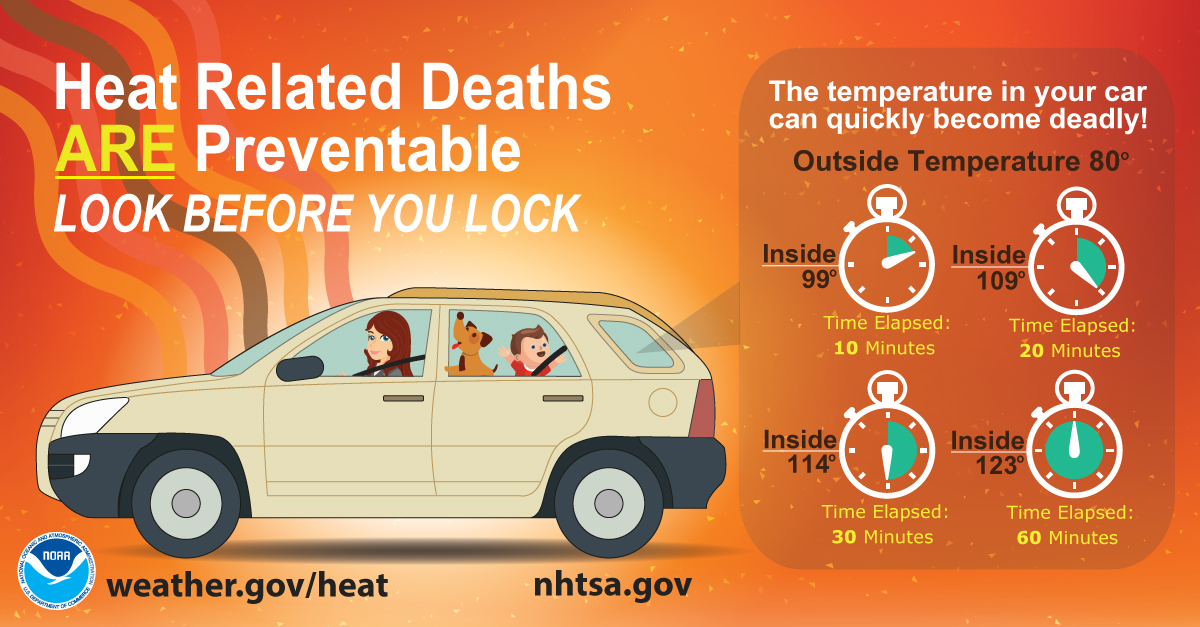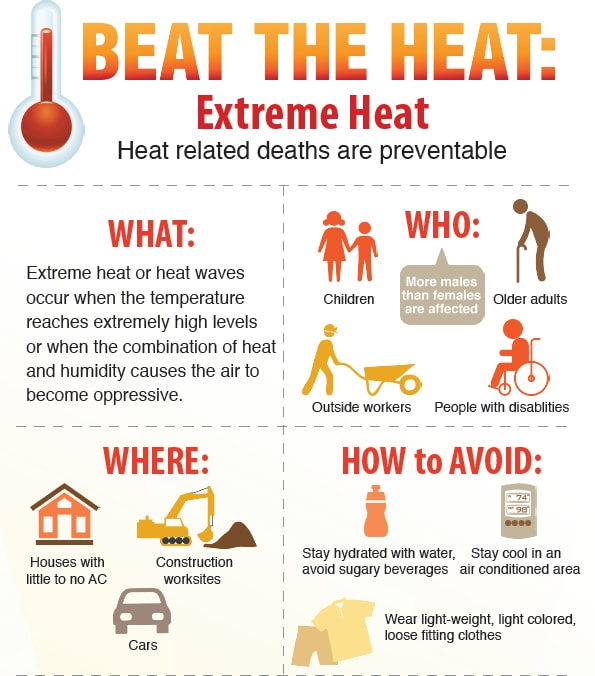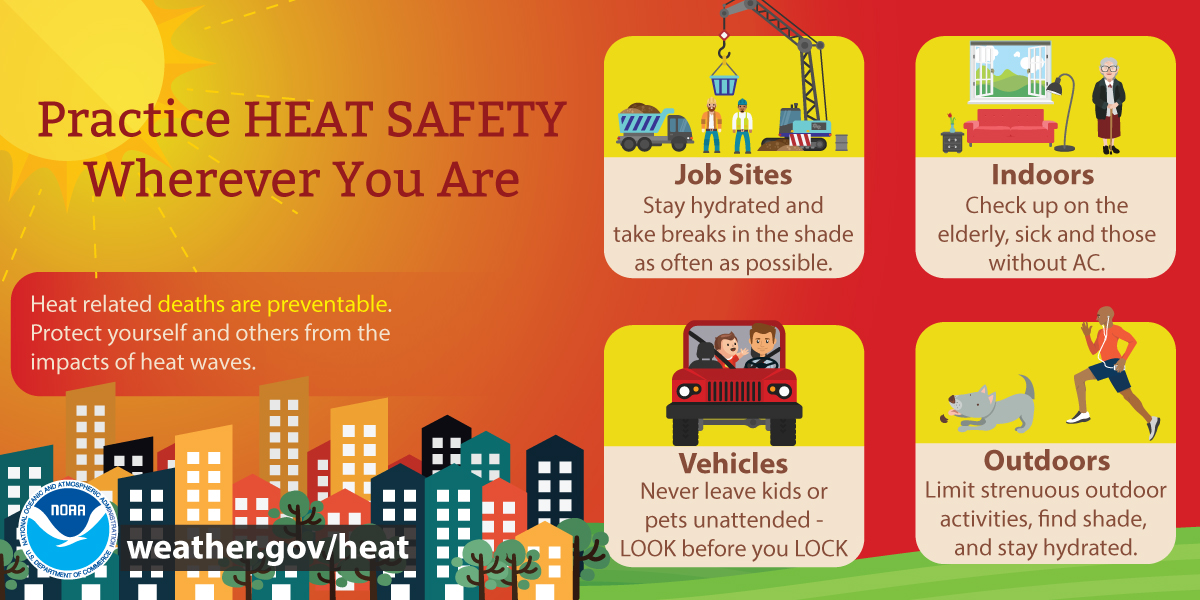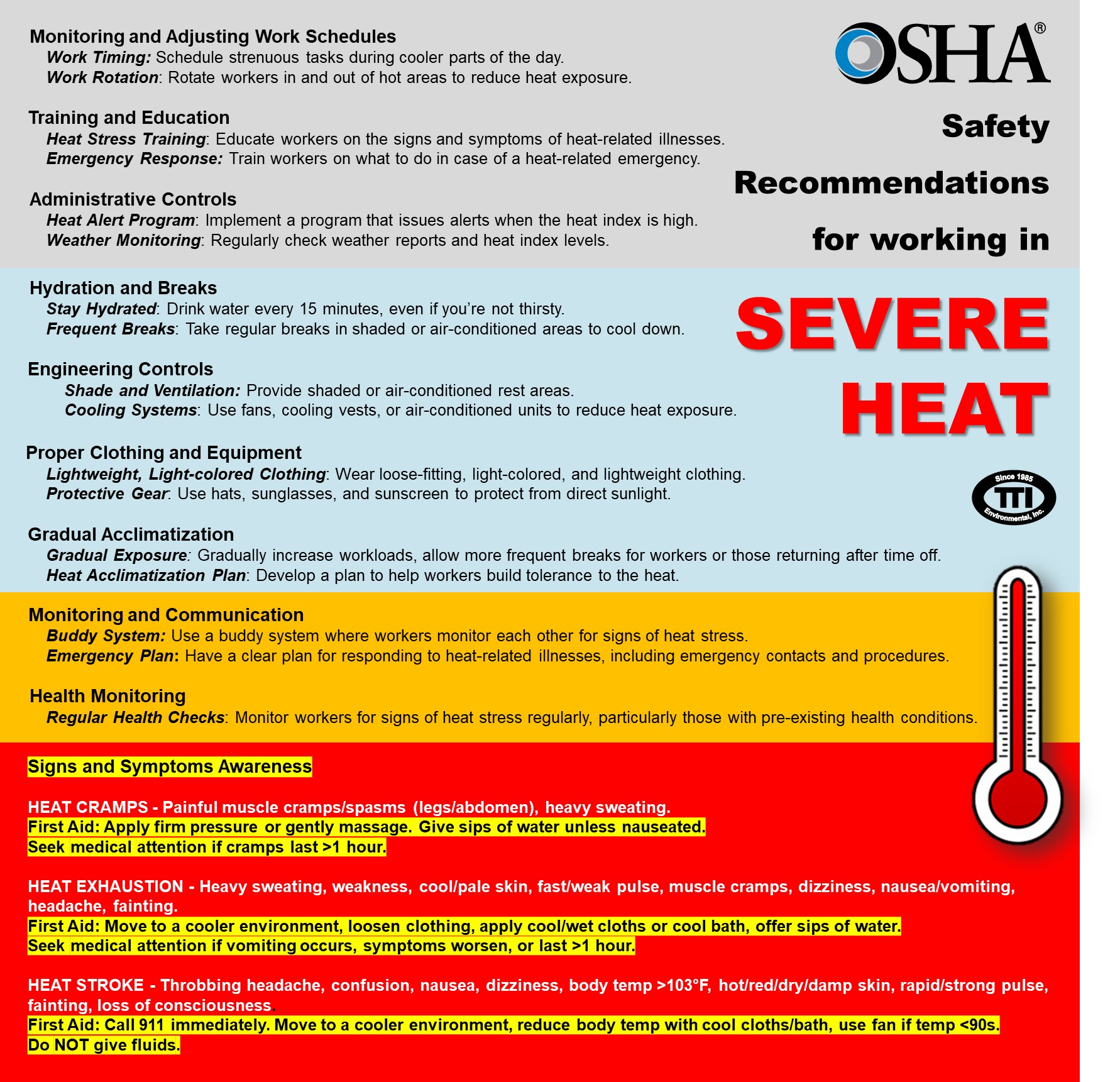You’re is a contraction of “you are,” a combination of a noun and verb to form one word. Rain chances stay low, with only about a 20-30% chance of an … Your is an embarrassing mistake that is easy to avoid. A speaker or writer uses your to indicate that something belongs or relates to the person or people that they are talking or writing to. How to use your in a sentence. Extreme heat is when temperatures are already very hot and daytime and nighttime temperatures get hotter every … Your is a word we often use in everyday conversation and … These two words sound alike, but mixing up you’re vs. · among the most common mistakes when writing—especially when writing something quickly like an email or text—is using you’re and your incorrectly. In this video, you’ll learn more about when to use your and youre correctly in american english. Your is the possessive form of the … This weather app alerts you when rain is approaching. - pleasant weather continues through tuesday, with highs in the mid-80s to near 90 degrees. Does she think youre happy? Emma, i trust your opinion a great deal. Your is to show something … The alerts are a reliable short-term forecast based on near real-time data. For our text-based lesson. Your is a possessive form of you to mean the person is in ownership or possession of something. · memphis, tenn. This app is more precise and reliable than a traditional forecast. · we would like to show you a description here but the site won’t allow us. The meaning of your is of or relating to you or yourself or yourselves especially as possessor or possessors, agent or agents, or object or objects of an action. In this article, … Your is a possessive adjective and modifies nouns. Youre and your are easy to confuse because they sound identical. · however, hot weather and outdoor activities dont always mix well, especially during periods of extreme heat— times when temperatures are substantially hotter and/or … Belonging or relating to the person or group of people being spoken or written to: A possessive pronoun used to indicate ownership or association with the person being addressed. Youre is short for you are. for example: · during extreme heat drought what is extreme heat? · your (pronoun): · in this article, we’ll look at the differences between your and you’re, including when to use them, and provide illustrative examples.
Your First Alert: Extreme Heat Warning: Rain Could Bring Unexpected Relief
You’re is a contraction of “you are,” a combination of a noun and verb to form one word. Rain chances stay low, with only about...

